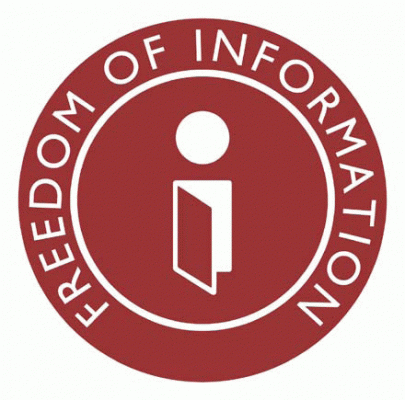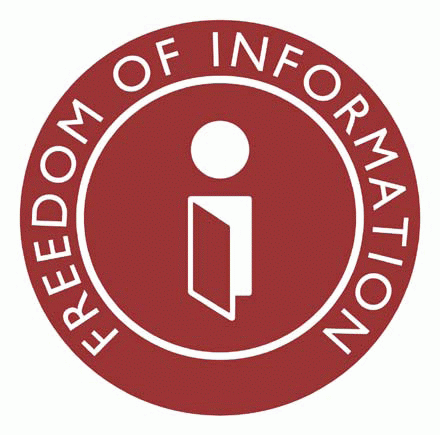 In December, the National Coalition Against Censorship co-signed a letter sent from OpenTheGovernment.org to the U.S. Department of Justice in support, and offering recommendations, for a draft of a Freedom of Information Act policy amendment that would require succesful FOIA requested information to be simultaneously released both to the requester and to the public via the internet.
In December, the National Coalition Against Censorship co-signed a letter sent from OpenTheGovernment.org to the U.S. Department of Justice in support, and offering recommendations, for a draft of a Freedom of Information Act policy amendment that would require succesful FOIA requested information to be simultaneously released both to the requester and to the public via the internet.
The policy draft, titled "Release to One, Release to All", builds on President Obama's 2016 signing of the FOIA Improvement Act, a series of measures intended to streamline public access to government information.
OpenTheGovernment's letter praises the policy draft for the added convenience it will offer the public in accessing FOIA retrieved information. It suggests that the policy may help lessen the burden FOIA offices face because individuals will no longer need to submit an independent request for information previously requested by someone else. This will in turn improve the speed of which new FOI requests are completed, thereby ensuring greater government transparency overall. It does object, however, to certain provisions in the draft.
The letter agrees with the provision in the draft policy that certain kinds of information, immigration statuses, for example, should be exempt from online publication for privacy reasons. It objects, however, to information exemptions justified by the so-called "mosaic theory" argument. This theory posits that even seemingly innocuous bits of information can be analyzed and fitted together with other pieces to form an understanding of how the "unseen whole" operates. Therefore certain information, although appearing harmless, should be exempt from the policy for reasons of national security.
The letter underlines that "no statute or existing regulation" considers such an argument an acceptable justification for withholding information and to do so runs the risk of this argument being abused by being applied in an overbroad fashion, unjustly excluding important information.
On similar grounds, the letter also objects to a provision that would exclude online publication of materials considered "not necessarily appropriate for posting," a graphic video of an automobile accident, for example. The concern is that agencies may use the broad definition of "appropriateness" to justify the exclusion of information. OpenTheGovernment recommends agencies provide written justification "that reasonably describes the harm publication of the records would cause" to safeguard against abuse of this exemption.
Along with NCAC, the letter is signed by the Bill of Rights Defense Committee/Defending Dissent Foundation, Electronic Frontier Foundation, Electronic Privacy Information Center and the National Security Archive.
MuckRock
Also worth noting is MuckRock's, an organization that helps members of the public file FOIA requests, ongoing effort to catalogue successful FOIA appeals. Over the past year, the website has asked the public to submit their successful appeals in an effort to create a database that details the reasons for information exemptions in each state. The tool is intended to help people effectively push back against request rejections. Visit the project here.
Read OpenTheGovernment's letter below; click here for a full screen view.


